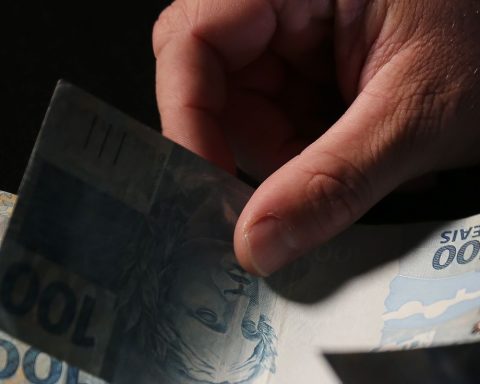End the days without VATas announced by the Finance Minister of the incoming government, José Antonio Ocampo, opens the way to a debate about whether, before giving the last word, it is best to analyze its advantages and disadvantages, and make adjustments, if necessary.
(Adjust but not delete days without VAT, Fenalco asks).
Union spokespersons and analysts have been for and against these days that began on June 19, 2020 to reactivate the economy and consumption, hit by the hardest months of the health crisis due to the pandemic.
In fact, what the experts consulted by Portafolio agree on is that the measure did fulfill the task of helping the economy recover. The last one, on June 17, accumulated sales of $10.6 billion and 7,270,181 invoices, according to official records (See attached graph), above the goals that the merchants had set, the first to react against of the idea of the incoming government to eliminate it.
(It is reasonable to analyze the sustainability of the Day without VAT: Andi).
For Fenalco, eliminating these dates would be a serious economic and social mistake, while he has invited Ocampo and the president-elect himself, Gustavo Petro, to talk about it.
“We hope that the incoming government, which has openly declared its policy of agreements and dialogue, has the opportunity to open a space for us to show it, with figures and results, how the national industry has benefited, in different categories such as household appliances, fashion (clothing, footwear and accessories) and school supplies, among others; even the Government has benefited, which compensates for the fiscal effort, with the increase in sales of products that do not have the VAT discount”, said the president of the union, Jaime Alberto Cabal. In his opinion, “rather than ending the days without VAT, the initiative can be adjusted to the policies and interests of the new government.”
Rosmery Quintero, executive director of Acopi, said that the day without VAT produced the expected results at the stage in which the reactivation of consumption and the economy was sought.
“In technology, for example, the 19% exemption was very important. However, at Acopi we have mentioned that this benefit also considers the consumption of national products, especially in areas such as clothing, leather and footwear,” the union leader told Portfolio.
“It is worth it, not to remove it completely, but to modify it and within the changes, specifically, it can focus on national products and I think we would gain much more there,” added Rosmery Quintero.
The position of the director of Acopi contrasts with the opinion of Camilo Rodríguez of the Colombian Chamber of Construction.
Rodríguez, who says that “the best way to stimulate consumption is the consolidation of a national industry that generates employment that, in turn, gives Colombians purchasing power to demand goods and services.”
Fedesarrollo has also been against the days without VAT considering that it has a regressive incidence, taking into account that it benefits people with medium and high incomes.
Jairo Alberto Higuita, partner of the Jiménez Higuita Rodríguez firm, considers that in practice, when reviewing the sales figures that are achieved compared to a regular one, everything indicates that the days without VAT have been a success. “It seems that it is not simply a transferred consumption as has been thought,” he explains.
“I am not so in agreement with eliminating the day without VAT and I think that the issue should have been evaluated with a little more analysis because it really is much more the positive externality and the generation of wealth, compared to what the State loses as a result of the I do not collect”, although he stressed that on a day without VAT, economic activity also stimulates income tax, industry and commerce tax, and even movements with credit and debit cards, for example.
CONSTANZA GOMEZ GUASCA
BRIEFCASE


















